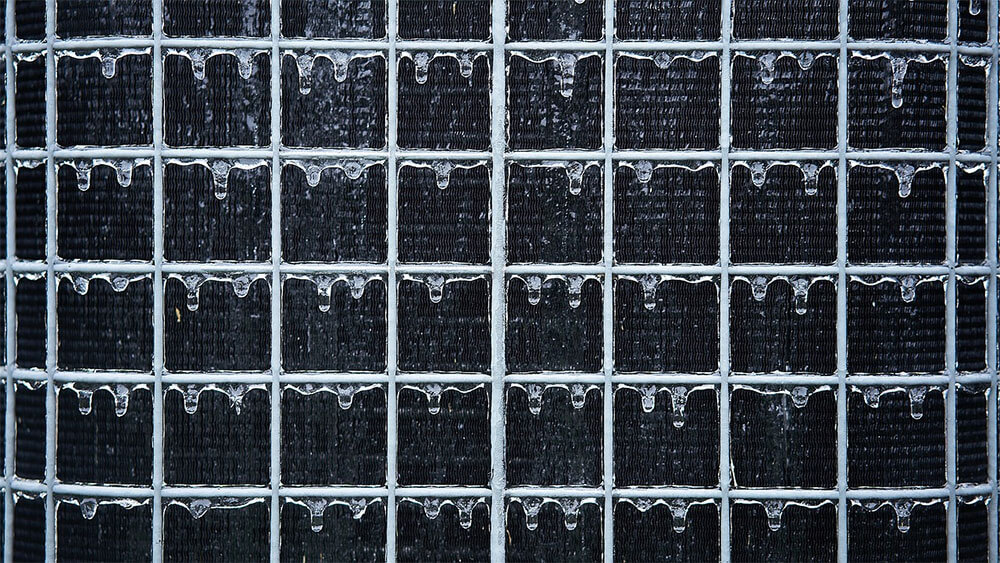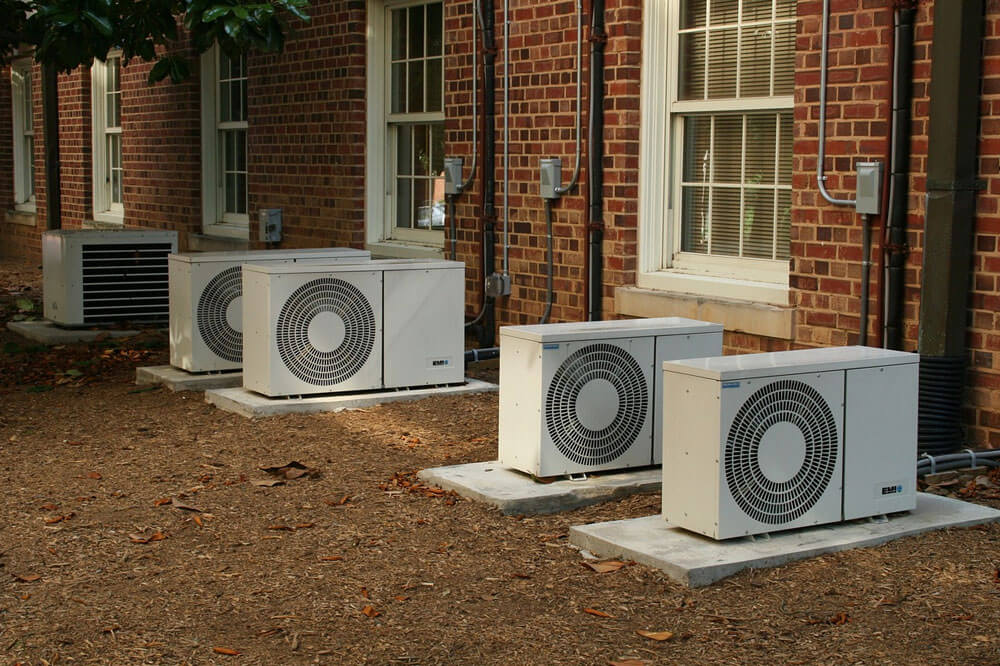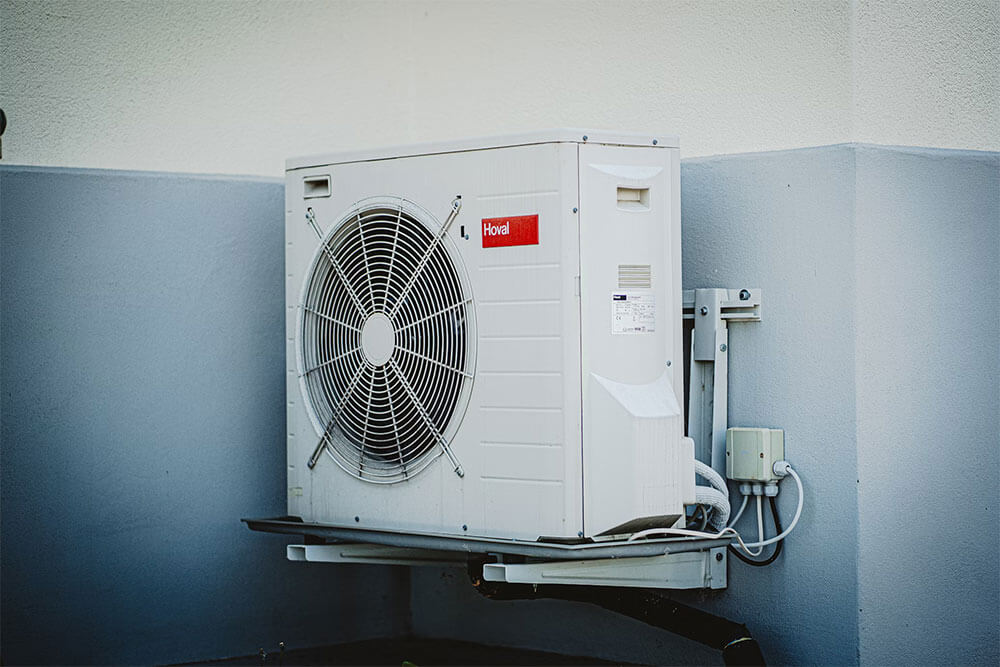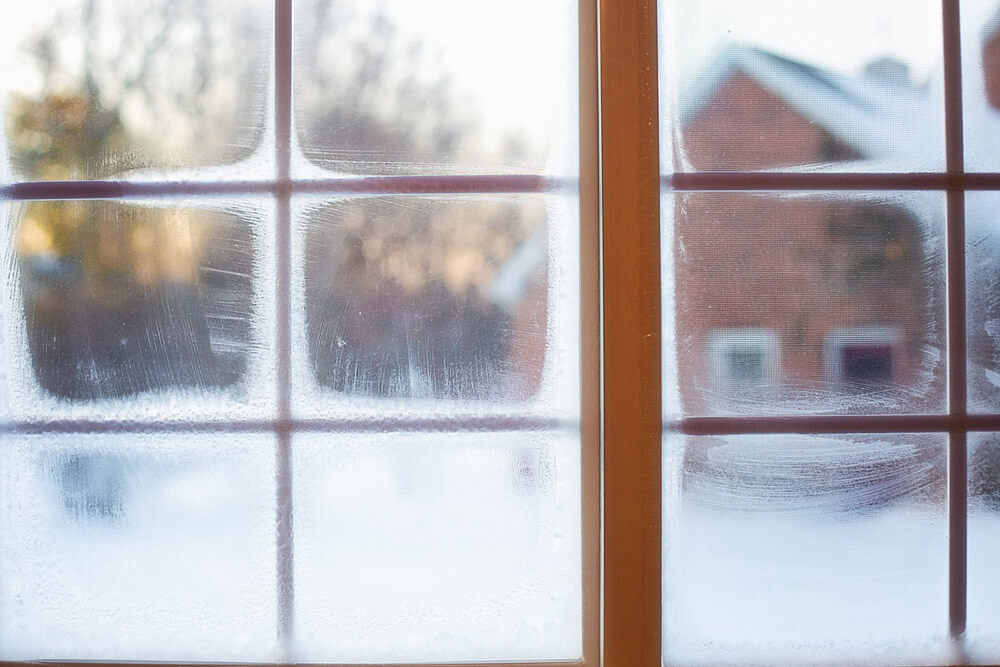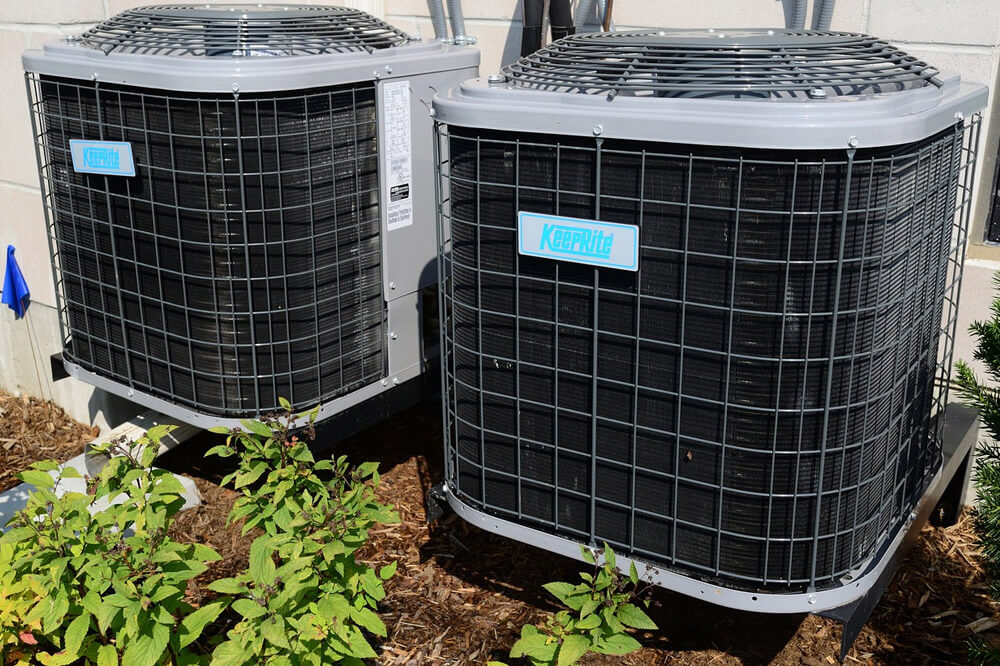Keeping a home at the most comfortable temperature can often be taken for granted. Everybody expects their air conditioning unit to continue working properly, and they go about their daily routines without so much as thinking about it – until something changes. When your home’s temperature gets noticeably warmer or cooler, that means something is likely amiss within your air conditioning system.
Whether it’s simply a minor issue or something more drastic, you want the issue resolved quickly so you can get back to living in comfort. It’s important to identify what’s causing the issue, but it’s just as important to let a professional HVAC technician diagnose any complex problems that require AC repair in Denver. Regular maintenance can help prevent a lot of these issues, but there are a number of things that can impact the efficiency of your system.
Clogged Air Filters
One of the biggest culprits for hurting the efficiency of your air conditioning system is the filter. When the air filter becomes dirty or clogged, airflow is restricted. That reduces the efficiency of the overall system. Regularly changing or cleaning the air filter is critical for optimal performance from your system. This should be the first thing you check when investigating your system’s efficiency, and inspecting this regularly will give insight into how often it should be replaced.
Dirty or Blocked Coils & Drains
As time passes, the coils on the evaporator and condenser units can accumulate dirt and other debris. This reduces their efficiency, meaning regular cleaning is necessary to maintain the best heat exchange. Also, if the condensate drain becomes clogged, it can lead to water buildup and impact the system’s ability to cool the air. Regular maintenance and inspections on both of these items can prevent both of these issues.
Electrical Problems
Faulty wiring or constantly tripping breakers can mess with the electrical system of the air conditioning unit, leading to inefficient cooling or other issues. Electrical issues at the thermostat can also cause it to malfunction, which can make the AC not cool your space adequately. During your regular inspections, the technician should be able to identify some of these problems, and electrical issues should always be addressed immediately.
Bad or Leaky Insulation
Poor insulation in your structure can cause the conditioned air to escape, impacting its efficiency. Leaks in the ductwork can create a similar problem. This loss of the cooled air will reduce the overall efficiency of your system. Not only does this cause issues with keeping your space at the right temperature, but it can also result in higher energy bills while your system works that much harder to cool the area.
Most of these issues can be curbed with regular maintenance from an HVAC professional, and some of these problems can just pop up from age and wear over time. Regular inspections will be less expensive in the long run, and keep your home at the comfy level you desire. For more information on how to keep your AC running optimally and efficiently, reach out to the experts at Go Green Heating & Air Conditioning today.

